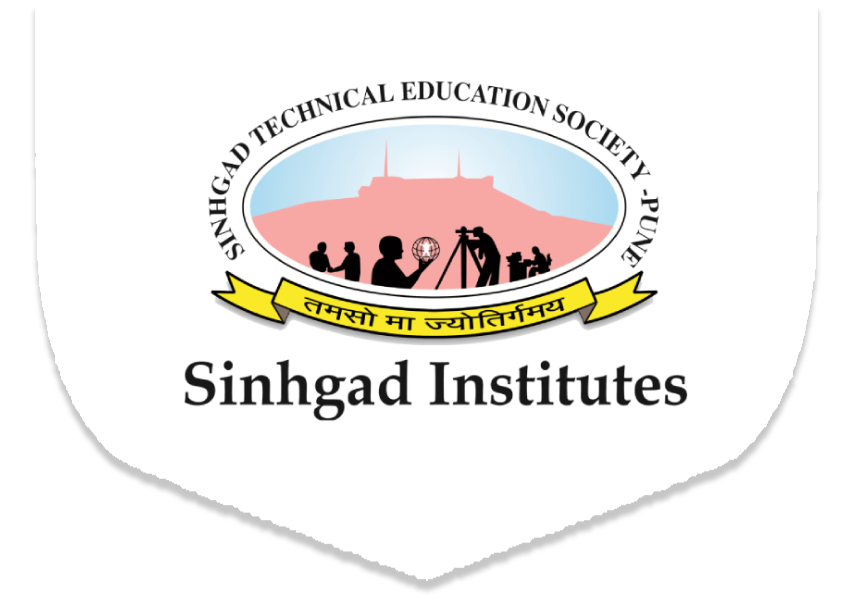MBA
POs & PEOs
Programme Educational Objectives (PEOs):
- PEO1: Graduates of the MBA program will successfully integrate core, cross-functional and inter-disciplinary aspects of management theories, models and frameworks with the real world practices and the sector specific nuances to provide solutions to real world business, policy and social issues in a dynamic and complex world.
- PEO2: Graduates of the MBA program will possess excellent communication skills, excel in cross-functional, multi-disciplinary, multi-cultural teams, and have an appreciation for local, domestic and global contexts so as to manage continuity, change, risk, ambiguity and complexity.
- PEO3: Graduates of the MBA program will be appreciative of the significance of Indian ethos and values in managerial decision making and exhibit value centered leadership.
- PEO4: Graduates of the MBA program will be ready to engage in successful career pursuits covering a broad spectrum of areas in corporate, non-profit organizations, public policy, entrepreneurial ventures and engage in life-long learning.
- PEO5: Graduates of the MBA program will be recognized in their chosen fields for their managerial competence, creativity & innovation, integrity & sensitivity to local and global issues of social relevance and earn the trust & respect of others as inspiring, effective and ethical leaders, managers, entrepreneurs, intrapreneurs and change agents.
Programme Outcomes (POs):
At the end of the MBA programme the learner will possess the
- Generic and Domain Knowledge –Ability to articulate, illustrate, analyze, synthesize and apply the knowledge of principles and frameworks of management and allied domains to the solutions of real-world complex business issues.
- Problem Solving & Innovation – Ability to Identify, formulate and provide innovative solution frameworks to real world complex business and social problems by systematically applying modern quantitative and qualitative problem solving tools and techniques.
- Critical Thinking– Ability to conduct investigation of multidimensional business problems using research based knowledge and research methods to arrive at data driven decisions.
- Effective Communication– Ability to effectively communicate in cross-cultural settings, in technology mediated environments, especially in the business context and with society at large.
- Leadership and Team Work – Ability to collaborate in an organizational context and across organizational boundaries and lead themselves and others in the achievement of organizational goals and optimize outcomes for all stakeholders.
- Global Orientation and Cross-Cultural Appreciation:Ability to approach any relevant business issues from a global perspective and exhibit an appreciation of Cross Cultural aspects of business and management.
- Entrepreneurship– Ability to identify entrepreneurial opportunities and leverage managerial & leadership skills for founding, leading & managing startups as well as professionalizing and growing family businesses.
- Environment and Sustainability – Ability to demonstrate knowledge of and need for sustainable development and assess the impact of managerial decisions and business priorities on the societal, economic and environmental aspects.
- Social Responsiveness and Ethics– Ability to exhibit a broad appreciation of the ethical and value underpinnings of managerial choices in a political, cross-cultural, globalized, digitized, socio-economic environment and distinguish between ethical and unethical behaviors & act with integrity.
- LifeLong Learning – Ability to operate independently in new environment, acquire new knowledge and skills and assimilate them into the internalized knowledge and skills.
